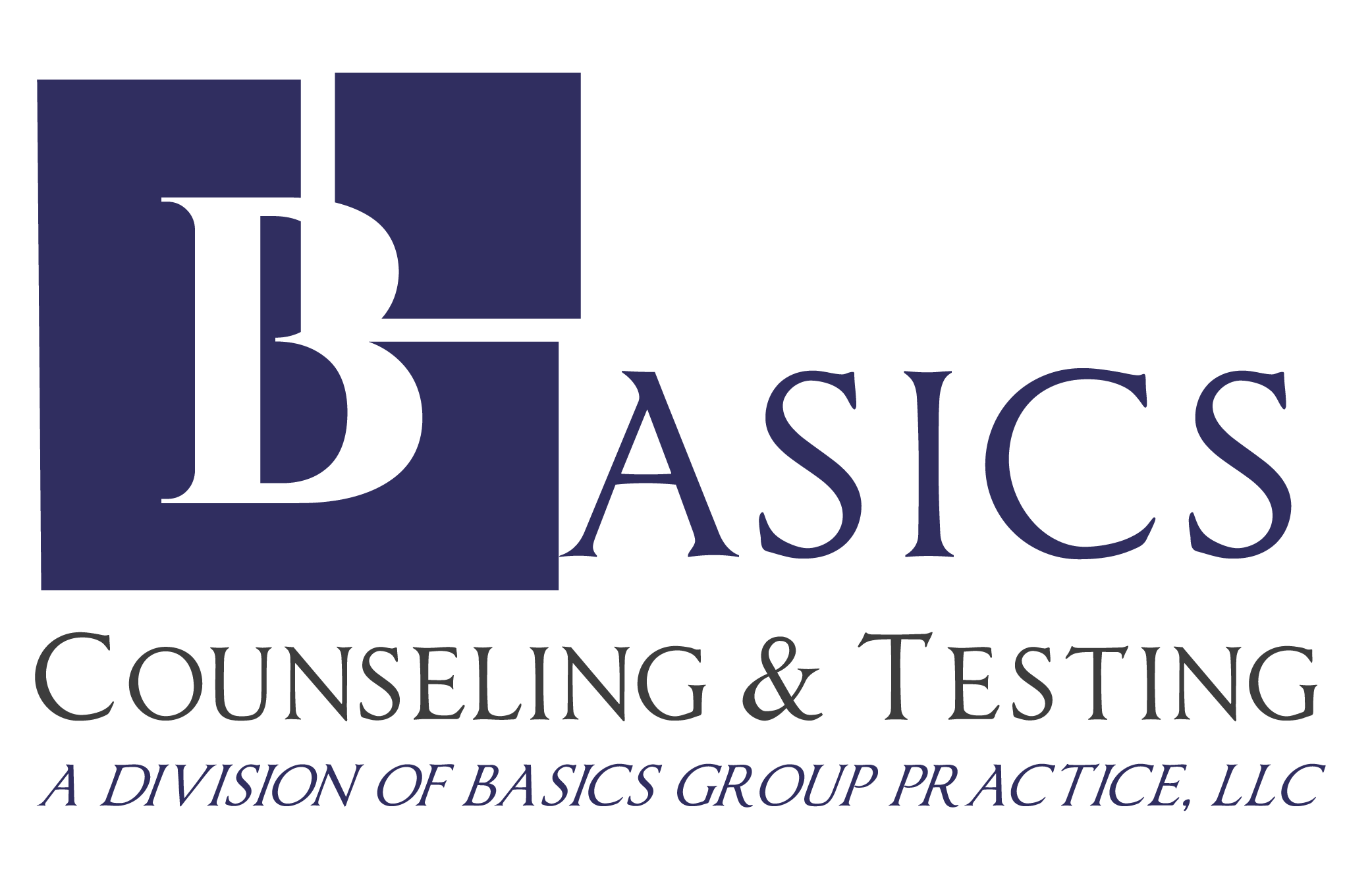Therapeutic Services
A trained therapist can help people make lifestyle changes. They can also help identify underlying causes of symptoms and provide strategies for changing unwanted thoughts and behaviors. Individual therapy serves the purpose of reducing internal suffering which occurs in the form of problematic behaviors, beliefs, feelings, and somatic responses (sensations in the body). It may encompass many different treatment styles including psychoanalysis and cognitive-behavioral therapy.
COUPLES THERAPY
Arguing without resolution and feeling disconnected or resentful may weigh heavily on s relationship or affect individuals in other aspects of their lives. Couples can find relief and hope by working with expertly trained couples therapists.
FAMILY THERAPY
Family therapy is a type of psychological counseling (psychotherapy) done to help family members improve communication and resolve conflicts. It may include all family members or just those most able to participate. Family therapy sessions can teach skills to deepen family connections and get through stressful times, even after you're done going to therapy sessions. Family therapy is usually provided by a psychologist, clinical social worker or licensed therapist.
PLAY THERAPY
Play Therapy uses a variety of play and creative arts techniques to alleviate chronic, mild and moderate psychological and emotional conditions in children that are causing behavioral problems and/or are preventing children from realizing their potential. The therapist uses the child’s fantasies and the symbolic meaning of his or her play as a medium for understanding and communication with the child.

